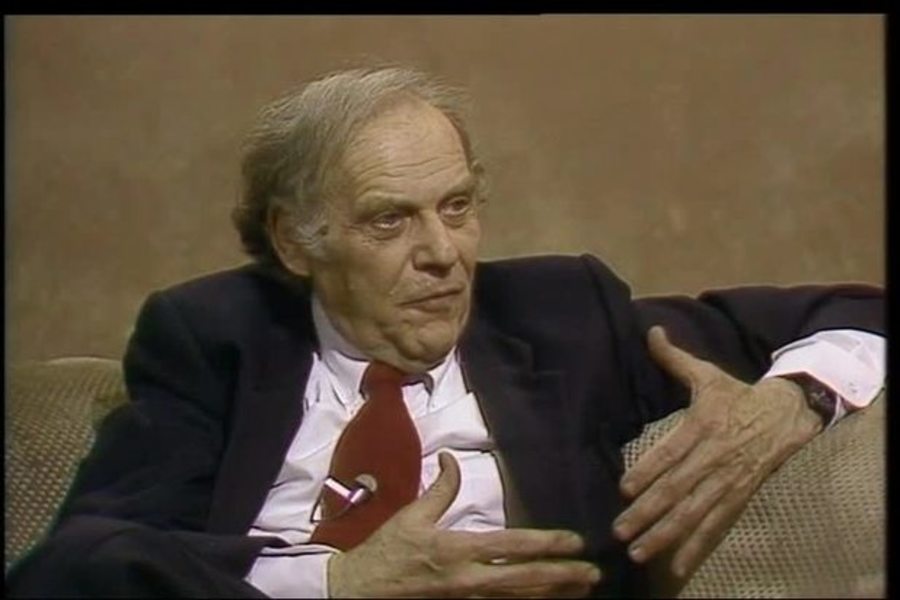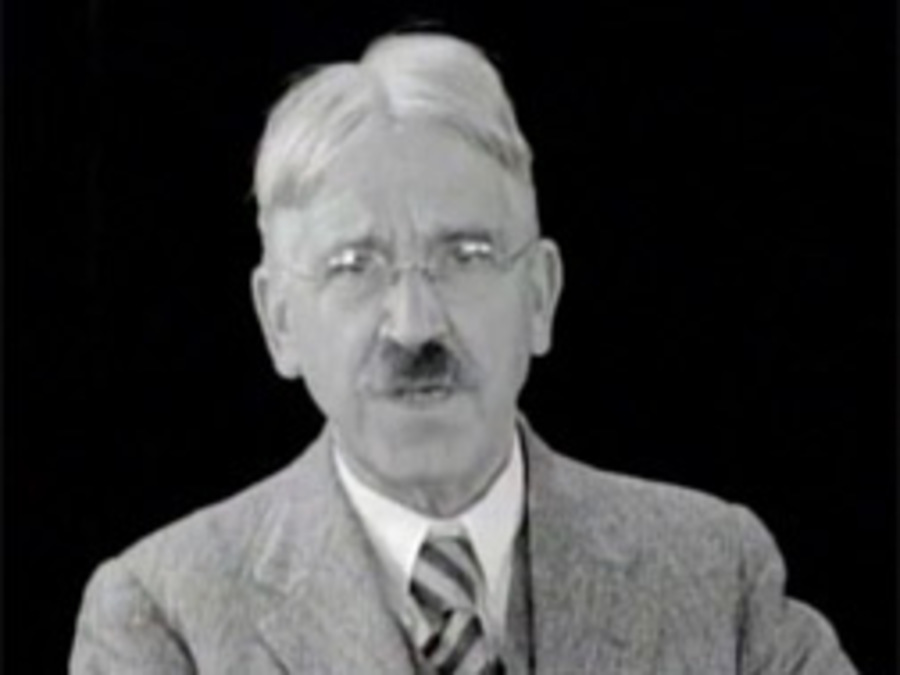On the Shelf at CCBC Libraries
-
The American Pragmatists by
Call Number: B832 .M57 2013 -
C. I. Lewis in Focus by
Call Number: B945.L454 R66 2007 -
Cornel West by
Call Number: E185.86 .C676 2001 -
Dewey's Enduring Impact by
Call Number: B945.D44 D4955 2011 -
Peirce on Signs by
Call Number: P85.P38 P44 1991
Films at CCBC Libraries
-
The American Pragmatists: C. S. Peirce, William James, and John Dewey In this program, world-renowned author and professor Bryan Magee and Columbia University professor Sidney Morgenbesser discuss the nuances of pragmatic philosophy as expressed by three of America’s finest thinkers. Morgenbesser examines Peirce’s theory of meaning and the concept of fallibilism that supports the changing nature of truth. James’s concept of meaning, knowledge, and truth is examined within the context of the usefulness of particular conceptual schemes. The discussion of Dewey focuses on the human quest for warranted beliefs, and his philosophy of education—a bottom-up approach that bases instruction on a child’s real problems and experiences.
-
John Dewey: An Introduction to His Life and Work Dewey earned a philosophy PhD. at Johns Hopkins and taught at the University of Michigan. His wife encouraged his interest in social justice, and he developed a pragmatic notion of truth, influenced by William James's doctrine that beliefs are habits.
Library Databases
-
Academic Search Premier This link opens in a new window

Articles on any subject. This is a good place to start.
-
Arts & Humanities Database

Articles on arts including visual arts, architecture, design, music, literature, and theatre,
and humanities including history, philosophy, and cultural studies. -
Humanities International Complete This link opens in a new window

Articles and ebooks about humanities topics like arts, history, language, law, literature, philosophy, and politics.
-
JSTOR This link opens in a new window

Journals, books, images, and primary sources about many subjects.
-
Opposing Viewpoints This link opens in a new window

Viewpoint essays, topic essays, and news and magazine articles on controversial issues. Browse for topics or search.
-
Social Science Database

Articles on social science topics like communication, criminology, economics, education, political science, psychology, social work, and sociology.
Online at CCBC Libraries
-
Believing and Acting by
Publication Date: 2012-01-01 -
100 Years of Pragmatism by
Publication Date: 2009-12-01 -
Peirce, Pragmatism, and the Logic of Scripture by
Publication Date: 1998-05-07 -
Peirce, Semeiotic and Pragmatism by
Publication Date: 1986-10-22

